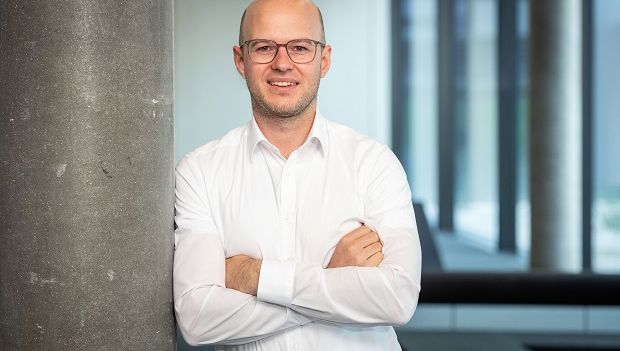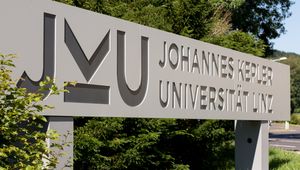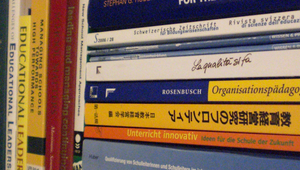A study by the JKU and the University of Innsbruck investigated some of the reform's impacts.

A new study by educational researchers Univ. Prof. Dr. Christoph Helm (Johannes Kepler University Linz) and Prof. Dr. Claudia Schreiner (University of Innsbruck) from the school students' perspective is shedding light on the long-term impact of education at the New Middle Schools (NMS), especially in regard to educational quality.
Ten years after introducing the NMS as a mainstream school in Austria, a study titled "10 Jahre NMS – Inwiefern hat sich der Unterricht aus Perspektive der Schüler*innen verändert?" focused on educational changes from the students’ perspectives. In addition to discontinuing performance groups, the NMS concept included reinforcing a new learning environment and approach intended to drive individualization and independent learning among school students forward, particularly by introducing team teaching and the use of learning designers.
The recently published study focused on whether or not - and just how - teaching practices have changed. The study is based on data stemming from educational standard reviews collected between 2009 and 2018 by the Federal Institute for Quality Assurance in the Austrian School System. The information provided insight into how teacher support for students in the subject areas of German, English and math has evolved since the NMS was introduced.
Educators Endeavor to Support Students
Despite a considerable improvement in learning support for German classes, the results reveal only marginal improvement in English, and even a decline in math, during the first few years after introducing the NMS. The study also reveals that teachers at schools facing various challenges are trying to meet students' needs more effectively: teacher support in the classroom is higher when there are fewer students who speak German as their mother tongue, or when there are students from higher social classes in the classroom. This applies to all survey dates and all subject areas.
Prof. Helm (JKU School of Education) remarked: "Our results clearly show that introducing the NMS has – as expected - resulted in positive educational changes only when it comes to German. When we look at the findings for math and English, there has been no significant improvement in learning support since the NMS was introduced. It is important to note that it is by no means a simple process to measure educational quality and attribute changes to educational reform efforts. This is because instructional quality always means something different in different situations and contexts, making it very difficult to study."
Prof. Claudia Schreiner added: "The study indicates that structural reforms, such as introducing NMS schools, require a great deal of time before there are significant and lasting changes in the classroom. The fact that there have been improvements in German reflects the reforms' potential well. The findings also suggest that it is important to ensure ongoing support and more educational teaching training in an effort to extend the NMS schools’ positive outcomes to other subject areas."
Study Details
The study involved a comprehensive longitudinal analysis based on full surveys between 2009 and 2018. The method made it possible to acquire detailed insight into any changes in educational quality over a longer period of time. The study was published as part of the edited volume "10 Jahre Regelschule - die (Neue) Mittelschule" and is freely available online https://www.waxmann.com/index.php?eID=download&buchnr=4639, opens an external URL in a new window
The study's authors are renowned experts in the field of empirical educational research and possess extensive experience in evaluating educational reforms. If you are interested in additional information and details, please contact the study’s authors.
Christoph Helm: https://www.jku.at/linz-school-of-education/linz-school-of-education/abteilung-fuer-bildungsforschung/team/helm-christoph/
Claudia Schreiner: https://www.uibk.ac.at/ils/mitarbeiter/schreiner/schreiner.index.html, opens an external URL in a new window
 Go to JKU Homepage
Go to JKU Homepage










